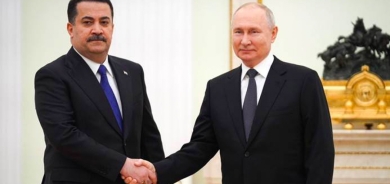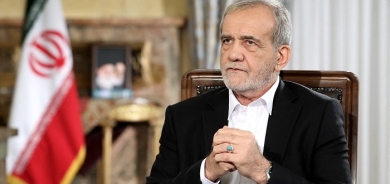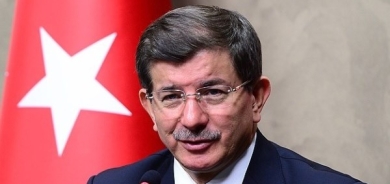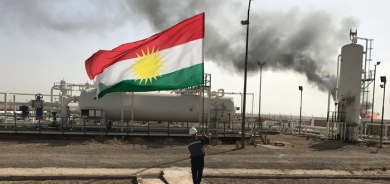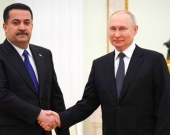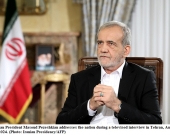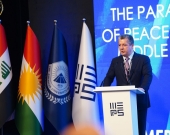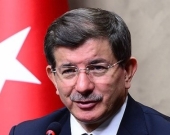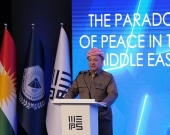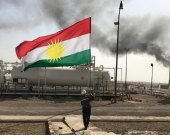EU, US coordinate sanctions on Russian officials for Navalny jailing
These are the first sanctions US President Joe Biden has pressed against Russia since taking office. His predecessor Donald Trump had refrained from punitive measures against Moscow in the Navalny case.
The EU measures - agreed last week - came into effect on Tuesday and target Russian prosecutor general Igor Krasnov and Investigative Committee head Alexander Bastrykin, according to a press release.
The head of the federal prison service, Alexander Kalashnikov, and the director of the National Guard, Viktor Zolotov were also slapped with EU entry bans and asset freezes, the statement explained.
The measures are the latest in a flurry the EU has taken against Moscow in recent years, but are the first to make use of the bloc's new human rights sanctions tool - set up late last year.
The mechanism is designed as a response to crimes against humanity and other serious human rights violations like torture or extrajudicial killings.
In this case, they take aim at "arbitrary arrests and detentions, as well as widespread and systematic repression of freedom of peaceful assembly and of association, and freedom of opinion and expression in Russia," the EU press release stated.
Not long after the EU's announcement, the United States said it would impose sanctions over the near-fatal poisoning of Navalny last year and the recent jailing of Navalny.
Senior administration officials said sanctions were being imposed on several high-ranking individuals, but did not immediately give the names of those affected.
Further details are expected later from the State and Treasury Departments.
The US officials said Washington was coordinating closely with European allies, and that the sanctions were needed to hold Russia accountable for the attack on Navalny and for his imprisonment.
Ahead of the announcements, Russia said that the new sanctions wouldn't have any effect.
It was high time to reflect on whether this policy was effective, Kremlin spokesperson Dmitri Peskov said, according to news agency Interfax.
"The answer is obvious: This policy is not reaching its goals," he said.
Russia has repeatedly stressed that it was not bothered by punitive measures imposed against it by the EU and the United States in various conflicts.
The EU already slapped sanctions on Russia following a poison attack on Nalvany, as well as for its role in the Ukraine conflict.
Russian Foreign Minister Sergei Lavrov announced retaliatory sanctions.
After surviving a Novichok nerve agent attack and receiving treatment in Germany, Navalny returned to Russia in mid-January and was immediately arrested. He blames the Russian state for the attack.
He has since been sentenced to a prison term on charges of violating parole for a 2014 fraud conviction, which itself was found to be arbitrary by the European Court of Human Rights (ECHR).
The 44-year-old is said to have been moved to a penal colony in Pokrov, 100 kilometres from Moscow, though there has been no official confirmation.
The anti-corruption campaigner's case is the latest flashpoint in Russia's relations with Western nations. The ongoing crises in Belarus and Ukraine as well as alleged Russian meddling in foreign elections have all contributed to a rapid deteriotation in the last few years.

